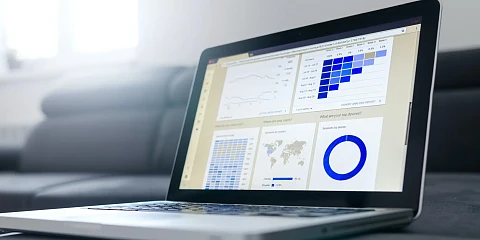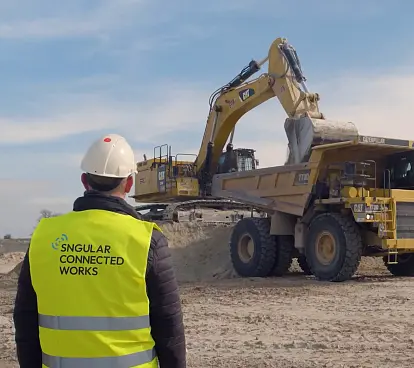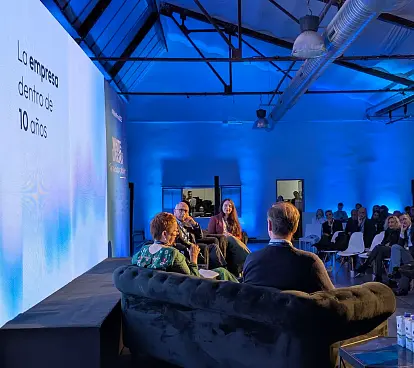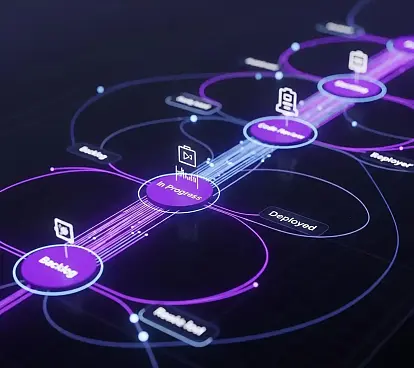
Interview with Fernando Siles
February 2, 2021
We spoke to Fernando Siles, Head of Online Marketing at the electronics and appliance company Worten. He has more than 15 years of experience working for large websites, applying his knowledge of web analytics and online businesses and always learning more about marketing and eCommerce.
What technologies would you say are having the biggest impact on the retail sector?
Given the challenges we went through in 2020, I’d say that the technologies that can cross barriers between channels like customer service chats are having the biggest impact. They are experiencing a totally unexpected rebirth because they allow the manufacturers to act as in-store retailers and give eCommerce stores the ability to provide personalized customer service, which is important in a store like Worten.es, which has migrated to 100% online. At the moment, we have three different chat technologies working at the same time, with different conditions. Two manufacturers (HP and INTEL) already have direct contact with Worten.es users to advise them on what products to buy.
What are your thoughts on the rate of change in terms of digital transformation in the retail sector?
The acceleration of eCommerce has been extraordinary. A lot of users who didn’t shop online before have made it a habit. A lot of those who already did shop online diversified their options. We believe that a large part of this will remain after the pandemic. We see a huge opportunity for eCommerce businesses like Worten.es, who already made the shift to becoming a digital pure player before the pandemic, and offer, as we do, a free logistics model (free shipping and discounts) as part of their loyalty strategy. This makes these companies highly convenient and attractive to users.
How has Worten adjusted to the change that came with the pandemic?
Besides the challenge of making a marketplace, which is a challenge in and of itself because it’s not the same to manage 10,000 products as it is to manage 1 million, we have to say that all of the levers we already had set up are allowing us to scale up rapidly. We haven’t had to make any major innovations during this time. Our feeling is that the work we did over the past several years, focusing on internal developments and our technology teams, has paid off. If we hadn’t done it before, it would have been really difficult to have pulled it off in such a short period of time. We’re talking about more than five years of intensive work and commitment to internal digital transformation.
How can we use technology to improve business models and make them more sustainable?
Technology has scalability and automation components that can help make a business sustainable, such as attracting traffic or managing tasks more automatically. But without a service or customer service component, we don’t think technology alone is enough to achieve viability and sustainability over time. In our opinion, it’s about uniting all of these factors.
Our latest news
Interested in learning more about how we are constantly adapting to the new digital frontier?

Insight
December 26, 2025
Ferrovial improves heavy construction efficiency with ConnectedWorks

Event
November 24, 2025
White Mirror 2025: the blank mirror reflecting what is yet to come

Insight
October 17, 2025
How to transform Customer Experience dashboards into intelligent decisions

Insight
July 31, 2025
The potential of Process Mining in SAFe environments